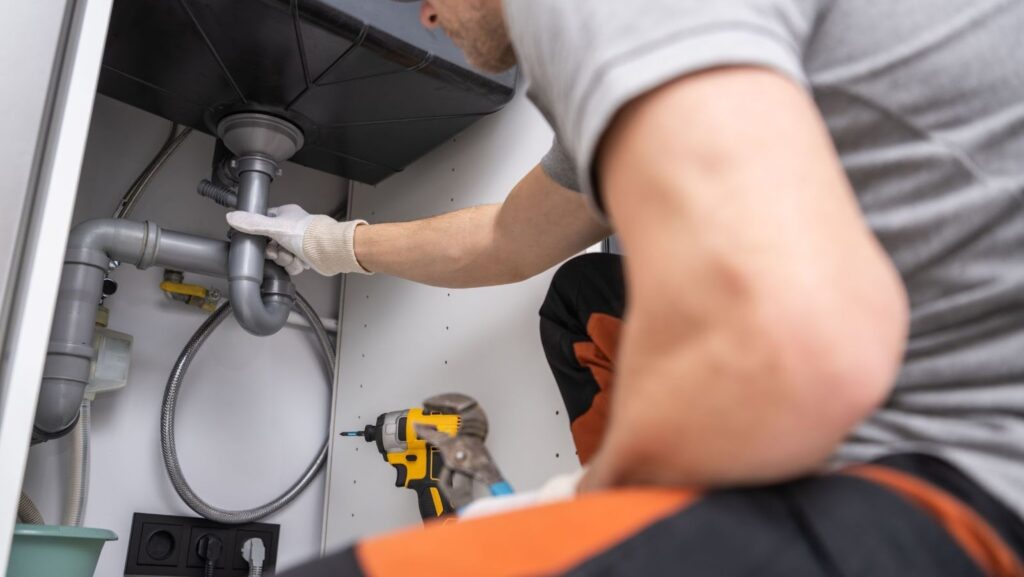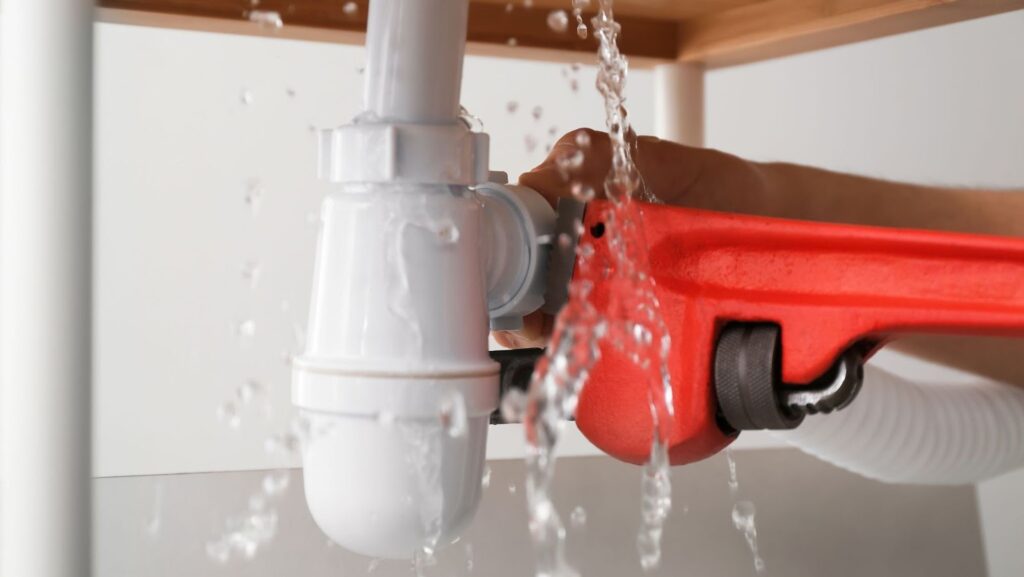Few household problems create as much panic as a sudden plumbing failure. Whether it’s a burst pipe flooding your kitchen, a clogged toilet, or a water heater that stops working in the middle of winter, plumbing issues can disrupt your day and cause major stress. Fortunately, there are some practical steps you can take to stay calm, limit damage, and restore your home to normal as quickly as possible. Here’s a simple guide to minimizing stress when your plumbing fails.
Stay Calm and Assess the Situation
The first and most important step is to remain calm. Panic only makes it harder to think clearly and take effective action. Once you notice a plumbing issue, take a moment to assess the situation. Determine where the problem is coming from and whether it’s an emergency or a minor issue. A dripping faucet can wait, but a burst pipe or overflowing toilet needs immediate attention.
Shut Off the Water Supply
If water is actively leaking or flooding, your next move should be to stop the flow. Locate your main water shut-off valve, usually found near the water meter or where the main line enters your home, and turn it off. For localized issues, such as a leaking sink or toilet, you may be able to use the smaller shut-off valves located under the fixture. This simple action can prevent significant water damage and give you time to plan your next steps.
Contain the Damage
Once the water is off, take measures to limit further damage. Use towels or buckets to soak up standing water and protect flooring or furniture. If possible, move valuables and electronics out of the affected area. In cases of flooding, unplug electrical devices and avoid standing in water that may be in contact with outlets or cords to prevent electrical shock.
Call a Professional Plumber

Some plumbing problems may seem manageable at first, but even minor leaks can turn into major repairs if not handled properly. This is when it’s best to call professionals who specialize in emergency plumbing services. They can quickly diagnose the issue, provide the right repairs, and ensure that your plumbing system is safe and functional again. Many companies offer 24/7 assistance, which is especially helpful when problems arise outside of regular business hours.
Avoid DIY Fixes Unless You’re Confident
It’s tempting to search for a quick fix online, but not all DIY solutions are effective or safe. Using the wrong tools or materials can make the problem worse or cause further damage. Unless you have plumbing experience, it’s usually best to leave repairs to a licensed professional. While waiting for help, focus on cleanup and preventing further water spread rather than attempting complex repairs yourself.
Document the Damage for Insurance
If the plumbing failure causes significant water damage, take photos and videos of the affected areas before cleanup or repair work begins. This documentation will help when filing an insurance claim and can make the process smoother. Keep records of repair estimates, invoices, and communication with your plumber and insurance provider.
Learn from the Experience
Once the crisis has passed, use it as a learning opportunity. Find out where your main shut-off valve is located, perform regular maintenance on your plumbing fixtures, and schedule inspections for older pipes. Knowing how to spot early warning signs like slow drains, low water pressure, or unusual noises can help you prevent future emergencies.
Plumbing failures are stressful, but they don’t have to turn into disasters. By staying calm, acting quickly, and relying on qualified professionals, you can protect your home and minimize both damage and stress when the unexpected happens.

